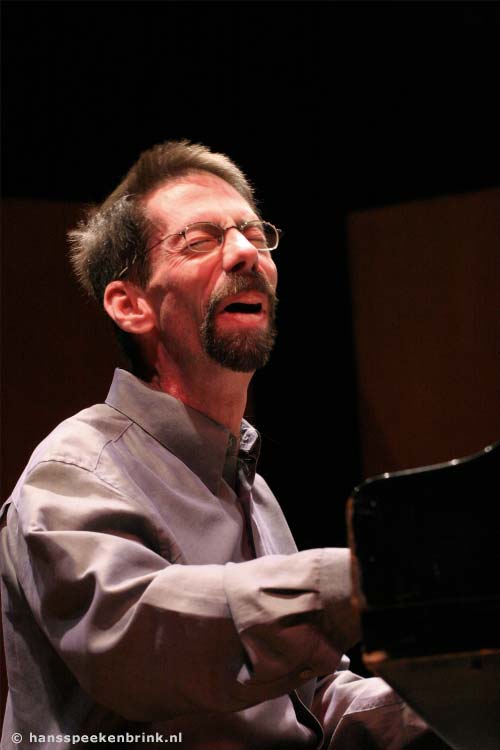
Influential artists sometimes click in the public consciousness only after the rise of the movements they have influenced. A school of creative work emerges--seemingly spontaneously, its origins obscure at first. Then, with attention to the artists in that school comes recognition of their influences, their antecedents and their mentors. After Pollock, de Kooning and their peers in postwar American art established Abstract Expressionism, the precursory importance of prewar iconoclasts like Kandinsky became clear. After the Ramones, the Sex Pistols and the Clash blurted forth punk rock in the 1970s, a rude vision became apparent in the noise of 60s garage bands like the Seeds.
A new movement in jazz has surfaced over the past few years--a wave of highly expressive music more concerned with emotion than with craft or virtuosity; a genre-blind music that casually mingles strains of pop, classical and folk musics from many cultures; an informal, elastic music unyielding to rigid conceptions of what jazz is supposed to be. It's fair to call it “post-Marsalis," in that it leaves behind the defensive, canon-oriented musical conservatism of '90s jazz (as both Branford and Wynton Marsalis themselves have done in their best work of the past decade). Among this music's most celebrated and duly admired practitioners are the pianists Brad Mehldau, Ethan Iverson (of the trio the Bad Plus), Jason Moran and Vijay Iyer. And singular among the trailblazers of their art, a largely unsung innovator of this borderless, individualistic jazz--a jazz for the 21st century--is the pianist and composer Fred Hersch.
A new movement in jazz has surfaced over the past few years--a wave of highly expressive music more concerned with emotion than with craft or virtuosity; a genre-blind music that casually mingles strains of pop, classical and folk musics from many cultures; an informal, elastic music unyielding to rigid conceptions of what jazz is supposed to be. It's fair to call it “post-Marsalis," in that it leaves behind the defensive, canon-oriented musical conservatism of '90s jazz (as both Branford and Wynton Marsalis themselves have done in their best work of the past decade). Among this music's most celebrated and duly admired practitioners are the pianists Brad Mehldau, Ethan Iverson (of the trio the Bad Plus), Jason Moran and Vijay Iyer. And singular among the trailblazers of their art, a largely unsung innovator of this borderless, individualistic jazz--a jazz for the 21st century--is the pianist and composer Fred Hersch.



























